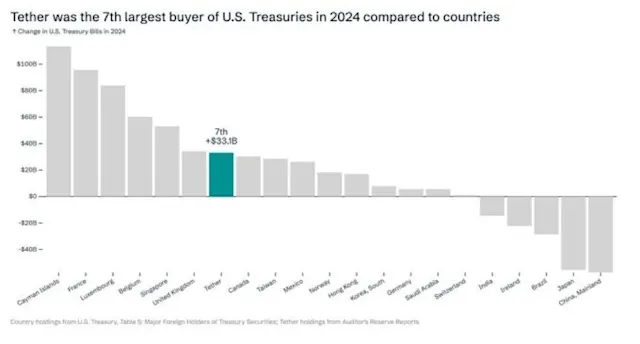
BlackRock Bitcoin ETF
You have only a few months left to front-run Bitcoin from traditional finance giants.

You have only a few months left to front-run Bitcoin from traditional finance giants.
BlackRock, the world's largest asset manager, has filed an application for a spot Bitcoin ETF (exchange-traded fund). To be more precise, it's technically a trust, but it is functionally equivalent to an ETF because it allows for daily subscriptions and redemptions. Other established trad-fi institutions like Fidelity, Citadel, Deutsche Bank, NASDAQ, and Schwab have also applied for a bitcoin ETF. If BlackRock’s ETF is approved, it is a major signal of Bitcoin’s legitimacy to the market and is an unprecedented opportunity to participate in the Bitcoin market through a regulated and accessible investment vehicle.
The SEC has so far rejected every spot bitcoin ETF application from firms like Ark Invest, Grayscale, and Bitwise, but BlackRock’s involvement changes things. They managed to get 575 out of 576 ETF applications approved by the SEC. I love those odds.
A spot Bitcoin ETF will be a securitized financial product equipped with an ISIN number (International Securitized Identification Number). This ISIN number is crucial as it enables fund or money managers to allocate a portion of their portfolio to Bitcoin through a securitized financial product without explicitly requiring consent from their clients. This development introduces a familiar mechanism for traditional investors who are accustomed to utilizing wealth management services. It provides them with both accountability and a convenient entry point into the previously unfamiliar asset class of Bitcoin.
Furthermore, an ETF would turn Bitcoin from a “non-bankable” to a bankable asset. Non-bankable assets are assets that have value but are difficult if not impossible to use as collateral for a loan due to several factors including but not limited to liquidity & price volatility. With an ETF, bitcoin becomes a more bankable asset and can be used as collateral for loans.
A bitcoin ETF would be considered a commodity ETF that track the price of a commodity, such as gold, or oil. Commodity ETFs solve the issue of custody for investors. For example, investors want exposure to Gold, but don’t want to take physical custody of the gold for logistical/security reasons, therefore they invest in a securitized financial instrument (ETF). Since the Gold ETF was approved, the market cap of Gold has increased roughly ~5x.
Bitcoin custody is much simpler than gold or oil, however, it is still a barrier to entry for most traditional investors. Bitcoin’s innovation is that it is a digital bearer asset that can be custodied relatively easily by anyone, thereby eliminating counterparty risk. With BlackRock’s ETF, you will not own any bitcoin, BlackRock will. You will own shares of the trust that owns Bitcoin, and for some traditional investors, this counterparty risk is considered minimal and acceptable.
Overall, a spot BTC ETF will be a net positive for Bitcoin adoption and price. However, investing in a derivative of Bitcoin like an ETF does introduce country-party risk (rehypothecation of assets), and potentially increases the amount of “paper Bitcoin” available on the market. As the market matures and traditional investors become more aware of bitcoin’s unique properties as a digital bearer asset instrument, they will realize that the least risky way to get exposure to bitcoin is to simply buy some bitcoin. Having said all that, the potential downside is minimal compared to the massive upside potential. This could be the most important development in Bitcoin’s young life so far.



